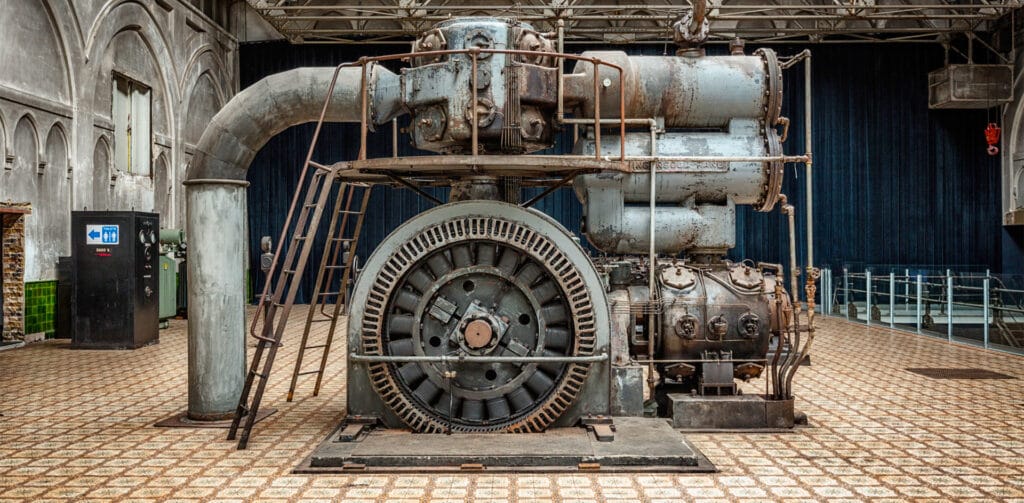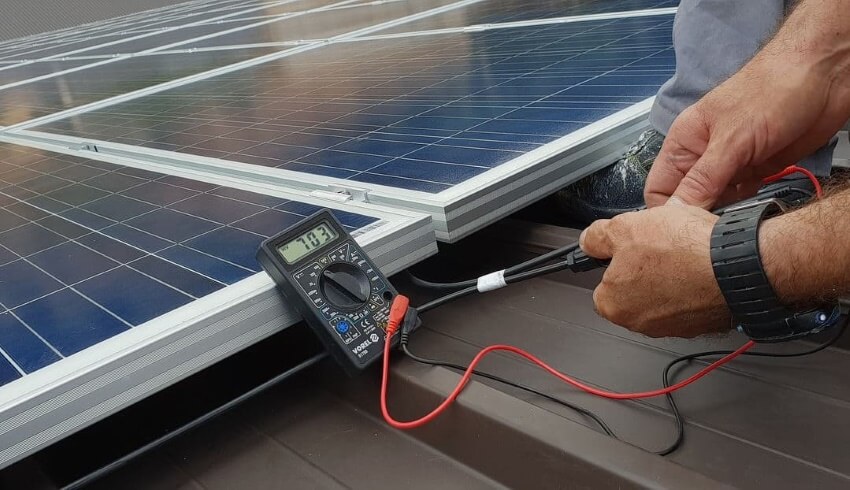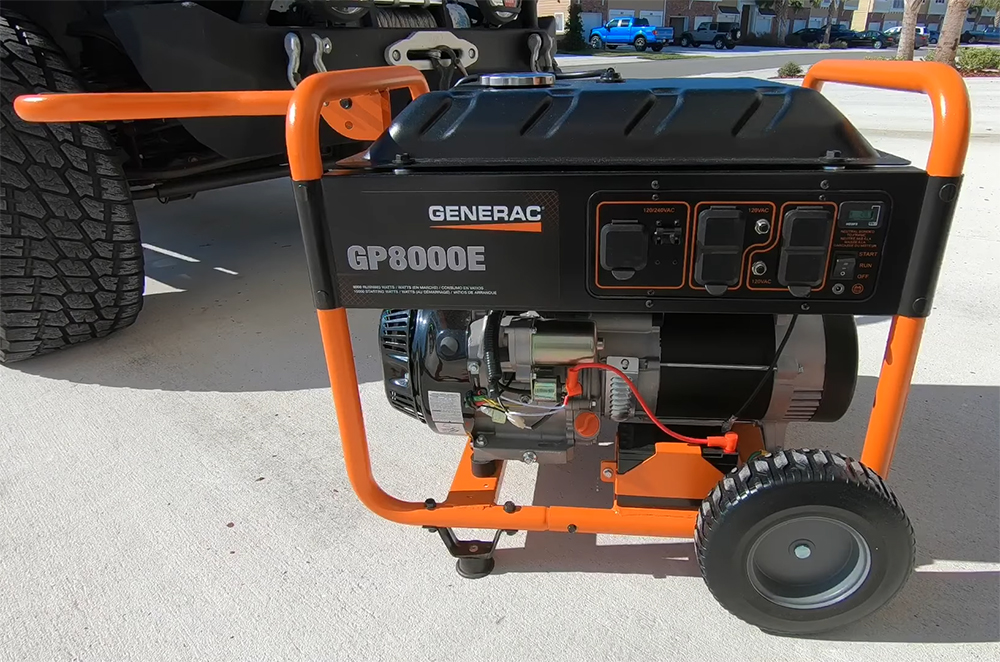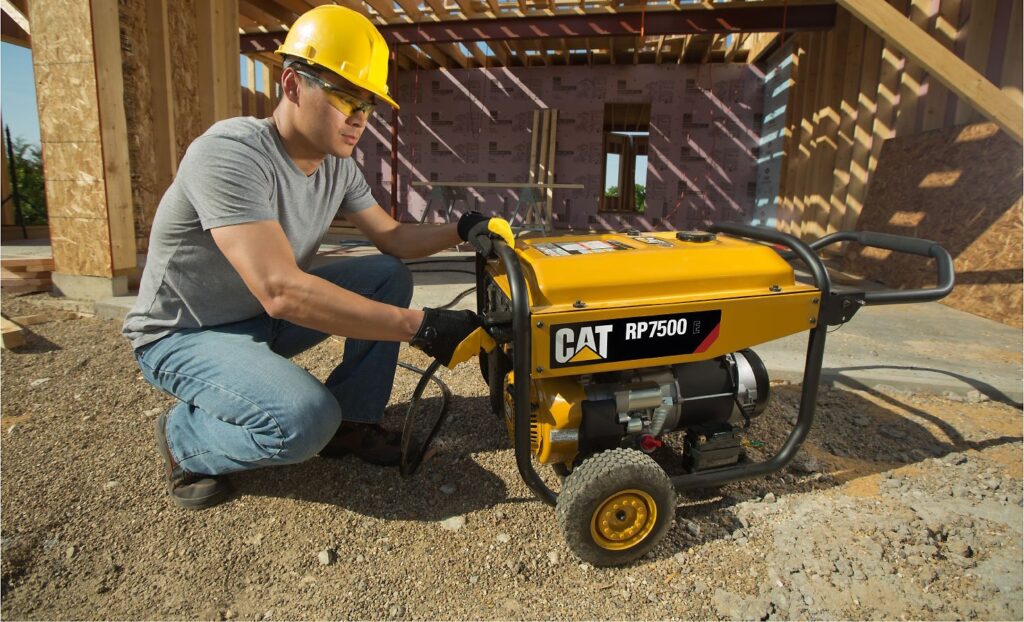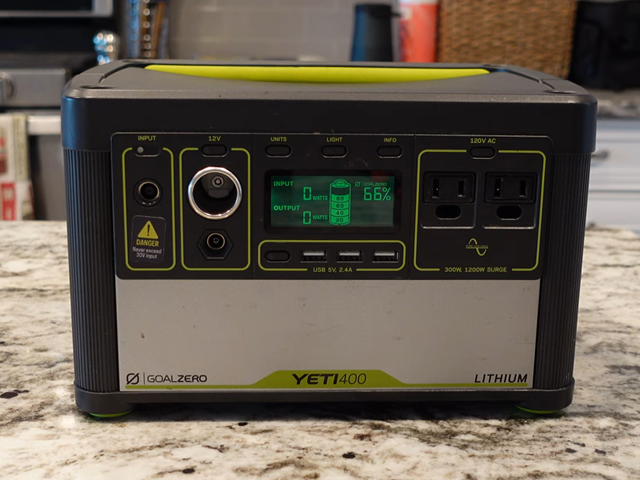
A portable generator is a very convenient thing to have for your home or for your personal, travel, and camping use, but one thing you may find yourself struggling to deal with is the noise produced by such generators. But why would you need to know how to quiet a generator? Even the quietest and smallest generators produce at least 50 decibels of noise, and bigger generators can be significantly louder, even to the point of causing hearing damage or hearing loss. Oftentimes, campsites or RV camping grounds will have enforced noise regulations at night. If you are unable to use your generator because it is too loud, this will eliminate the convenience and use you might otherwise have derived from it. The following article contains a number of steps you can take to make your generator much quieter so it will not bother you or your neighbors.
There are a number of fairly simple steps you can take in order to quiet down a generator. They range from the extremely simple and free all the way to a bit more labor intensive and expensive. However, the application of one or more of these methods will certainly go a long way toward keeping your generator quiet.
Many portable generators sold today are manufactured with mufflers or silencers already built in. This is due to the fact that generator manufacturers realize how loud portable generators can be and have tried to make adjustments to accommodate the needs of consumers. However, the muffler or other noise reduction technology built into your generator probably does not make it quiet enough. Thus, as you are figuring out how to make your generator quiet as a cricket, consider investing in an additional muffler or silencer for your generator or replacing the one you may already have with a larger model of muffler.
The function of a generator muffler is to muffle the sound which comes out of the exhaust pipes which are connected to the motor of a portable generator. Because the exhaust pipes of the generator are one of the loudest parts of a portable generator, second only to the noise generated by the engine of the generator itself, if you install an external muffler or a replacement muffler on your generator, you can expect a decently substantial generator noise reduction of approximately 10 to 12 decibels.
The generator muffler functions by deflecting the sound waves emitted from the engine through a series of perforated tubes within the muffler which serve to lower the noise of the engine which ends up exiting through the exhaust pipe of the generator.
Although you may be familiar with the concept of adding or replacing a muffler if you have worked on a vehicle before, adding or replacing a muffler to or on your generator will be quite a different and rather more complicated and difficult experience, since there exist so many different kinds of generators on the market, each with its own style and size of exhaust pipes.
It is unlikely that you will be able to find a muffler that will be compatible with your generator straight out of the box. Instead, your best option is to consult with a professional technician such as a repairman for small engines, a generator technician, or a specialized mechanic. These professionals will be able to find you a muffler and modify it to best suit the needs of your generator. You can usually buy a muffler at your local hardware store, but it probably will not fit your generator right out of the box, so enlist the services of one of the aforementioned technicians in order to modify the muffler to fit your portable generator.
You may also consider buying a muffler originally designed for a car and modifying it to fit your generator. Again, in this case, it is best to hire a professional technician to do the after-market modifications or customizations on the muffler for you.
The exhaust pipes of your generator are where most of the sound from your generator exits. And when those exhaust pipes are positioned horizontally, they will emit the most sound because the sound waves will be emitted from the exhaust pipe in the direction of the other things around them, such as your house or your neighbor’s house. Thus, one of the fastest, easiest, and least expensive ways to quiet a loud generator is simply to point the exhaust pipes of your generator in another direction.
Pointing the exhaust pipes away from your house or away from your RV or campsite may reduce noise for you, but your neighbors or those camped around you probably will not appreciate this very much. Thus, you can simply redirect the exhaust pipes by positioning them to point vertically. That way, the sound waves will dissipate before hitting anything substantial and your neighbors will appreciate your generator noise reduction efforts as much as you do.
The concept of using water to keep a generator quiet may sound counter-intuitive, but it is worth a try. What you will need for this trick to quiet down your generator is a hose, five gallons of water in a bucket, and a clamp to secure the exhaust pipe of your generator to the hose.
The generator should be positioned at a higher level than the bucket of water. This is to prevent the water from flowing backward into the exhaust pipe. You may also consider poking a number of small holes in the hose in order to ensure that water does not flow back into the exhaust pipe.
Setting up your water muffler is fairly easy and straightforward. You simply connect the hose to the exhaust pipe of your generator with the clamp. Place the other end of the hose into the five gallons of water in the bucket. When the generator is turned on, the exhaust will flow through the exhaust pipe, through its makeshift hose extension, and into the bucket of water. The water will therefore exert a muffling effect on the exhaust noise which comes from the generator.
If you use this water method to quiet down your generator, you should expect a generator noise reduction effect of approximately 5 to 7 decibels.
Another thing you can do to make your generator as quiet as possible is to build a sound barrier around your generator. Although it sounds rather technical and a bit complex, this is in reality a very easy thing to do. Building a sound barrier can go a long way toward quieting down your generator as much as possible.
Building a sound barrier is also known as the plywood method, because you will need four sheets of plywood as well as a sheet of material that is not flammable. Drywall may be a suitable material to use in this case since it is more or less fire-resistant. Each of the sheets ought to measure around 3 feet tall and 4 feet wide.
Basically, what you will do in order to create a sound barrier around your portable generator is to stand up each sheet of plywood and prop them against the generator at approximately 60 to 80-degree angles so that the entire generator is surrounded. It is crucial to use the piece of drywall or other material that is not flammable to contact the side of the generator which houses the exhaust, so that your sound barrier does not catch on fire.
By positioning these sheets of wood all around the generator at specific angles, you allow room for the flow of air around the generator while at the same time causing the sound waves from the generator to be deflected downward into the ground. You can thus immediately reduce the decibels that the generator is emitting without negatively affecting the performance of your portable generator.
Another fairly simple and straightforward way to make your generator quiet is to place it farther away from you. The farther away the generator is, the less you will hear it. However, when utilizing this strategy, you should take into consideration the fact that you may be moving your generator farther away from yourself but closer to other people (such as your neighbors or people in other campsites) who may not be so happy about the sudden increase in noise from your generator.
Thus, when trying out this tip to quiet down your generator, if you are able, try to find a deserted location for your generator that is farther away from anyone who might be bothered by its noise.
One of the worst places to position your generator if you are trying to keep your generator quiet is on a wooden floor. Sound travels faster and more effectively through solids (especially rigid solids) because of the vibrations, so placing your generator on a wooden floor is virtually guaranteed to amplify the sound of your already-loud generator to the uttermost. Instead, try placing your generator on a soft surface.
A soft surface that will work well to quiet down your portable generator by reducing its vibrations is anything made of rubber. For instance, a rubber mat will go a long way toward making your generator quieter. You can also purchase a special anti-vibration mat constructed of rubber or other more sophisticated materials.
Another option you can try in your quest to keep your generator quiet is to wrap rubber around the frame of your generator or to buy rubber legs for your generator. Be sure to buy material that is resistant to heat, as your generator may become quite hot, and if the material melts, it may damage the generator.
Building a quiet box for your generator will not only prevent the sound from the generator from going very far, but it can also serve as a storage space outdoors for the portable generator. Be sure to use safe materials that are not flammable and can handle the heat as well as the weather conditions.
Please remember that generators powered by fuel will require adequate ventilation to keep dangerous (possibly even deadly) levels of carbon monoxide from building up in an enclosed space. Fireproof insulating material ought to be used for this project.
Building an enclosure for your generator is an effective way to lower the level of sound waves that get to your ears.
In order to build a safe and effective enclosure for the generator, you will want to build walls for it made out of either wood or brick and to pour concrete flooring.
You may choose to soundproof materials, such as soundproof insulators or fireproof insulation; this will also assist in absorbing the sound your generator makes.
If you apply as many of these principles, tricks, and tips as possible, you may expect a generator reduction in noise of anywhere between 10 and 30 decibels. A generator can never be made completely silent, but the measures in this article are ones you can take to ensure that your generator does not run at deafening levels which may damage your hearing or that of your family and cause your neighbors to complain or get you in trouble at a noise regulated campsite.
There are a number of different factors as to why a generator might be making an excessive amount of noise.
Most generators are engine-generators which are basically electric generators which are attached to an engine. These kinds of generators are termed “GenSets.”
And the vast majority of these engine-generators are known as standby generators.
Standby generators produce noise due to the fact that the process of generating electricity through the engine produces heat.
This heat which is created by the electricity generation process necessitates that the generator possess a built-in system for cooling in order to prevent the overheating or shut down of the equipment and to prevent fires.
The generators which fall into this category are usually cooled by either liquid or air. Standby generators cooled by air, in particular, make an extremely loud noise.
Standby generators which are cooled by liquid are significantly less noisy. They also function better than the systems which are cooled by air but have the distinct disadvantage of being much more expensive.
The initial purchase of a liquid cooled standby generator and its maintenance are fairly costly and are not necessarily cost effective.
When you combine the engine noise of a generator with the noise produced by the cooling system of a generator, this results in a great deal of the noise produced by an overly or excessively loud generator.
But the engine and the cooling system of a standby generator are not the only parts of a generator which make noise; in fact, every part of a generator makes some noise.
The induction process, the alternator of the generator, structural noise caused by the vibration of the entire machine generally, and also the exhaust which is released by the generator through the exhaust pipe all generate some degree of noise.
The other kind of generator, the portable generator, produces its sound due to the exhaust system as well as the engine block.
A great deal of these portable systems are cooled by the air, and there is not that much you can try in order to quiet down the noise emitted by this kind of generator.
A simple solution to your quest to quiet down a generator is just to buy one that operates more quietly. If you have tried everything and your generator is still too loud, this may be the ultimate solution for you.
But which kinds of generators are quieter to begin with? Well, as you might have expected, smaller generators are usually much quieter than larger generators. Purchasing a standby generator rather than a portable generator will also help you in your generator quieting efforts.
Furthermore, generators cooled by liquid instead of by air generally operate at a quieter level. The downside to a liquid cooled generator is that it is usually much more expensive than the air cooled variety of generator. But the liquid cooled options are much easier to keep quiet and also easier to maintain than other versions of generators, so the steeper price may be worth your while.
Another factor to consider when purchasing a quieter generator is that an inverter generator generally makes less noise than a conventional generator. A generator with an inverter usually has the added benefit of being smaller than a conventional generator (so you can kill two birds with one stone).
A few recommendations for quieter generator models to consider are the following:
Although buying a generator that makes less noise in the first place may be a more expensive endeavor than buying a conventional generator, the ears of your family, friends, and neighbors will no doubt thank you very much for your efforts.
The best results in figuring out how to quiet a generator definitely come from the application of two or more of these methods. In fact, the more methods you can apply to your generator, the quieter it will become. Just be sure that you are applying these methods in a safe way. And to get the quietest generator, simply buy one that is already quiet to begin with and then apply these methods on top of that.
